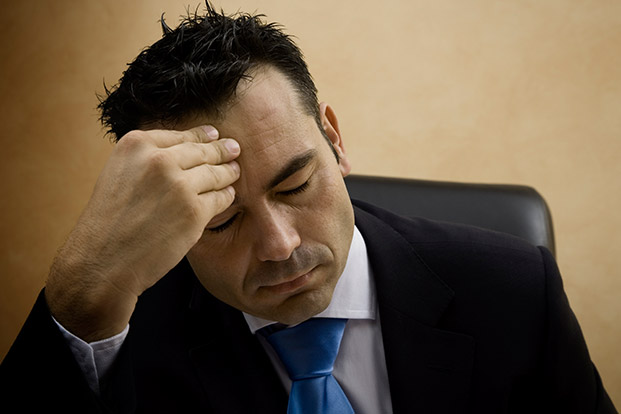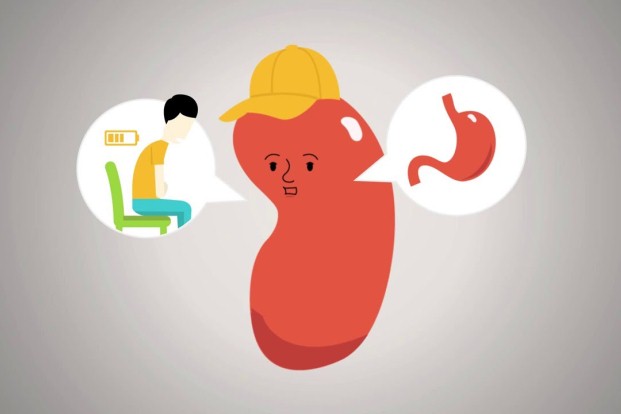Male Menopause: What We Should Know About It
Apr 19, 2022
Male menopause is the term used to describe the hormonal changes that may occur in some men as they become older, essentially signifying a decrease in level of male hormone – testosterone. Male menopause, in true sense is a misnomer. While female menopause is inevitable & sets in rapidly at a particular age, in males, testosterone level falls gradually or may not fall at all in some cases. Hence the two conditions are not same & preferable term used is Andropause or Androgen deficiency of Aging men. Whatever we call it, low testosterone can be troublesome.
Testosterone levels and aging:
Normally the male hormone (testosterone) levels peak in 20’s. After 40, it tends to decrease by 1% per year. Testosterone concentrations found to be critical for sexual functioning in men lie around 300 ng/dL, although they vary among individuals.
With aging, testosterone (male hormone) levels decline mainly due to decrease in leydig cell mass (cells which secrete testosterone) within testes. Other causes include increase in sex hormone binding globulin (SHBG) which results in less amounts of bio available Free-testosterone. Obesity, diabetes, excess alcohol intake & physical & psychological stress may also be contributory.

Effects of declining testosterone levels:
Testosterone deficiency may cause various physical, emotional & cognitive changes in the aging men. Symptoms of andropause include reduced sex drive, erectile dysfunction, easy fatigability, flushes & sweats, nervousness, loss of muscle mass, increased fat accumulation, low bone mass, poor concentration & memory & even depression.
Men with these symptoms need further evaluation by an Andrologist to correctly reach to a diagnosis. Evaluation includes thorough history, physical examination & investigations like early morning testosterone levels etc.
Treatment for Low Testosteronez:
Men with low testosterone with unequivocal signs and symptoms of androgen deficiency, and when reversible causes of testosterone deficiency and contraindications have been excluded, should be offered treatment with testosterone replacement therapy. Testosterone replacement may aggravate prostate cancer & hence we need to rule it out first by rectal exam & serum PSA test.
Testosterone replacement therapy has few potential risks including fluid retention, gynaecomastia, exacerbation of sleep apnea or benign or malignant prostatic disease & increased risk of cardiovascular disease. Hence these patients need follow up with treating Andrologist 3 & 6 months after treatment begins & annually thereafter.




